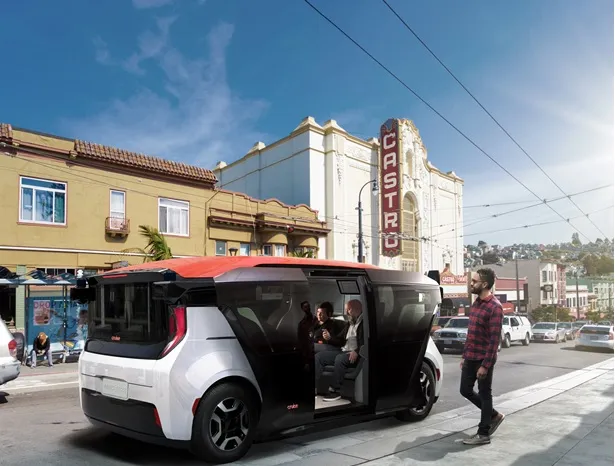
Local authorities and businesses are calling for an action plan to realise the UK government's ambition of banning new petrol, diesel and hybrid vehicles within 20 years.
Keith Glazier, chair of Transport for the South East, says: “Whether the target is 2040, 2035 or sooner, it must be accompanied by a clear and costed action plan setting out how we are going to reach this critical milestone. Without it, there is a significant risk that the target could be missed.”
Transport for the South East – a group of local authorities and business groups in the English region – are calling for the creation of a task force across the government, automotive industry and consumer groups to oversee the development of the plan.
It believes that a series of measures such as financial incentives to encourage people and businesses to make the switch to electric vehicles (EV) will help the government achieve its ambition.
Other measures put forward include R&D grants to help the car industry shift production to zero-emission vehicles, improving charging infrastructure for EV drivers and continuing research into smart charging to lessen the potential burn of EVs on the national electricity grid.
Additionally, Transport for the South East wants a package of financial support to help lower income households make the switch to EVs.
The organisation says introducing financing options and developing a second-hand market with support for battery refit costs and warranty guarantees would help overcome some of the barriers for EV ownership.
“EVs are cheaper to run but more expensive to buy,” Glazier continues. “Without the right financial support, people from lower income households will bear the brunt of higher fuel, maintenance and repair costs associated with owning older conventional vehicles.”
Transport for the South East represents 7.5 million people and more than 300,000 businesses in the region. Partners include East Sussex County Council, Enterprise M3, Kent Council Council and Coast to Capital.









